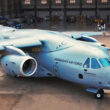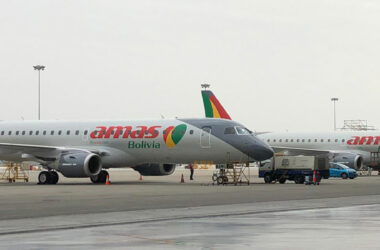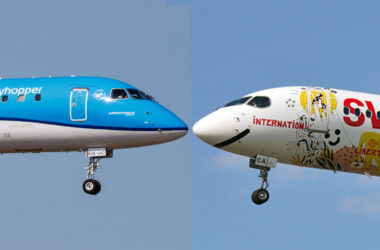Airbus faces a challenge regarding the A220, a single-aisle jet that the company took over in 2018 from Bombardier. The aircraft has been gaining increasing orders, but the planemaker is having difficulty expanding production of the aircraft.
In 2023, for example, Airbus delivered 68 A220s, the highest volume to date, but at the same time added 141 net orders, that is, more than double the number of aircraft.
The situation was commented on by the company’s CEO, Guillaume Faury, during the 2023 earnings call held on Thursday.
Follow Air Data News: WhatsApp | Google News | Instagram | LinkedIn | Twitter | Facebook
The Airbus chief executive highlighted that the A220 program is undergoing a huge production expansion, which will see the production rate jump from four aircraft in 2021 to 14 planes per month in 2026.
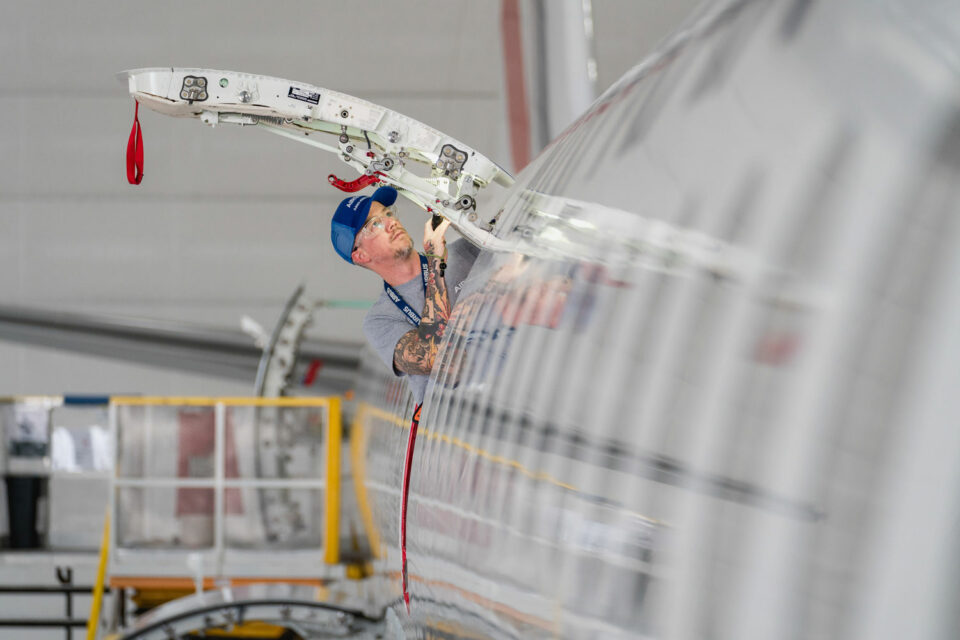
However, the aircraft backlog has grown at a much greater rate, more than 50% between 2021 and 2023. In 2022 the average order was almost 9 jets per month and last year it was close to 12 aircraft. It is almost the monthly production rate expected for two years from now.
Monthly delivery rate reached 5.7 aircraft in 2023
Currently, the A220 is assembled at two locations, Mirabel, Canada, its original assembly line, and also in Mobile, in the southern United States.

The pace of deliveries has grown slowly, going from 4.2 in 2021 to 5.7 aircraft per month in 2023. For the target of 14 aircraft per month to be achieved, several bottlenecks that could impede the plan will need to be resolved.
Among the worrying aspects of the program are problems with Pratt & Whitney’s PW1500G (GTF) engines and the supply of structures by Spirit Aerosystems.
The GTF turbofan is the only one certified for the A220 and has caused difficulties for operators due to “low time on the wing”, that is, it has spent a lot of time in revisions and corrections.
The issue is more common in hot and dusty climates such as Egypt, where EgyptAir recently disposed of its 12 A220s.
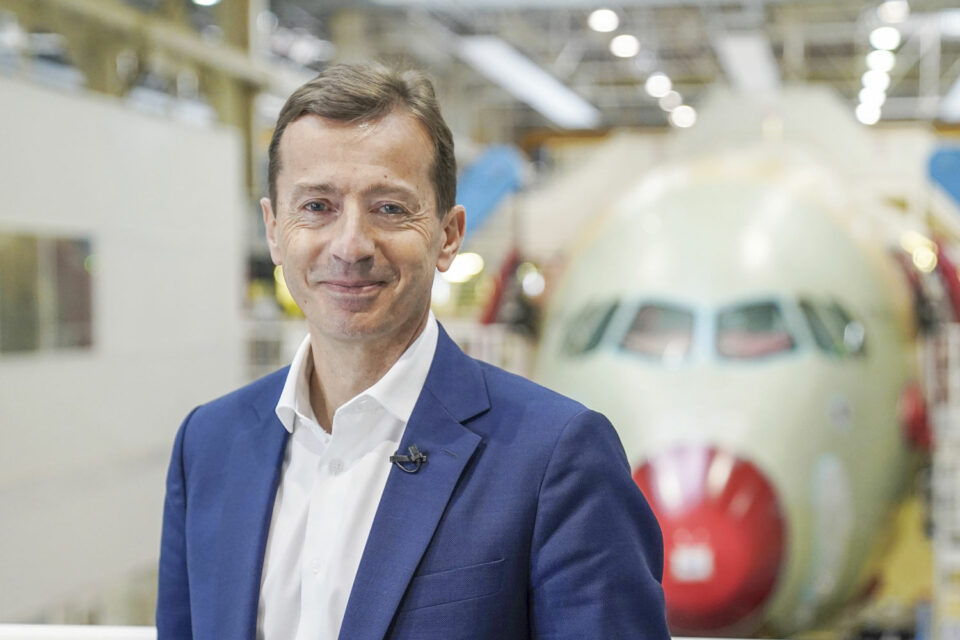
Spirit Aerosystems issues
Faury, however, denied that the situation with the client was caused by the engines, but acknowledged that the Pratt & Whitney engine has been disappointing.
The A220 has not experienced the quality problems that affect the Boeing 737 MAX, also a Spirit Aerosystems customer, however, the company’s financial difficulties are a concern.
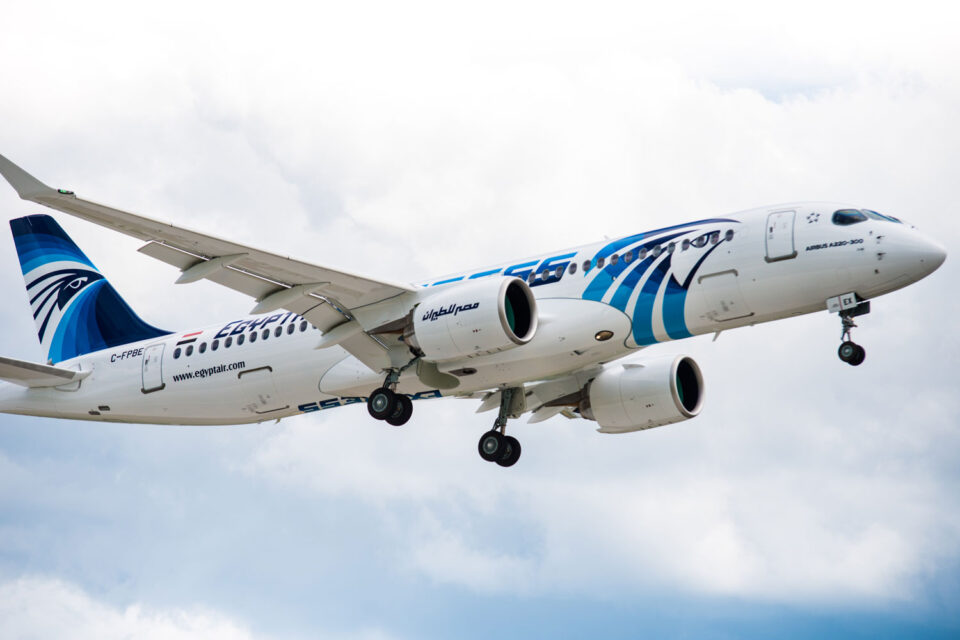
Spirit has been manufacturing various components and structures for the A220 since 2009 when the aircraft still belonged to Bombardier and was called the C Series.
The company supplies pylons, aft fairing, supports and wings in composite material, manufactured by the Belfast division, in Northern Ireland.
“We are looking at their own supply plan, we are making sure that means in place and we are supporting them in action at site much more than financing directly,” said Faury.


